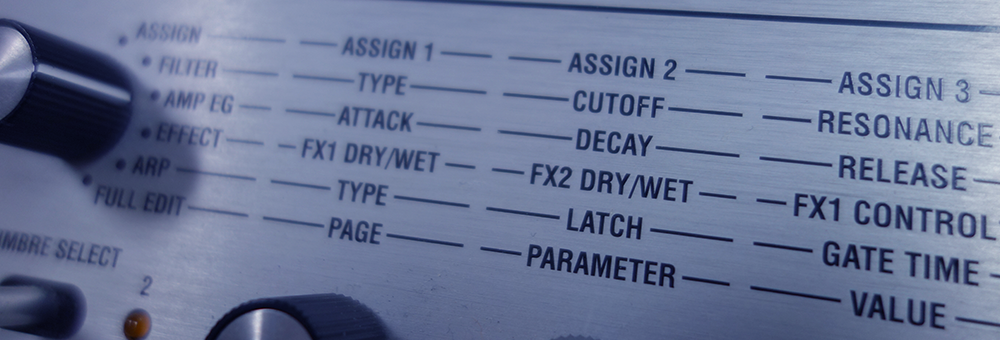This Is Our Sound…
When The Electricity Club was originally founded in the early 2000s, the electronic music scene was on the cusp of moving into a new era.
Although it’s a genre of music that’s been with us for a long time, subgenres such as synth-pop had spent a long time in the wilderness. During the 1990s, there seemed to be a particularly derogatory attitude to the use of synths, often expressed via a music press more enamoured by the rise of Britpop.
But with the advent of the 2000s, synth-pop (and electronic music as a whole) appeared to be being reassessed in a music business that was itself changing. The shifting face of how information was delivered in a fast-moving technological age was an element of this: Print was being supplanted by the internet and the rise of social media.
This was augmented by documentaries such as Synth Britannia, which framed classic synth-pop acts in a much more appreciative light. Albums such as OMD’s 1983 opus Dazzle Ships, which had been savaged by the press at the time, were now being cited as inspirational works by contemporary artists and framed in more favourable terms by commentators.
At the same time, acts such as Ladytron were revitalising the synthesiser as a lead instrument. A new generation of electronic musicians appeared to be emerging, bringing a renaissance of sorts to a music scene that had largely been in mothballs for many years. But rather than simply being a pastiche of the acts of old, these new artists were expanding the frontiers of what could be achieved with electronic pop.
Come forward ten years and the electronic music scene has blossomed into a fervent community that appears to be sparking new acts every week. It’s also encouraging that this isn’t a scene simply reserved to the UK either, but in fact a global movement which stretches from America to Japan and all points in-between.
Considering that we are living in a period that was always considered as a science fiction era by those living in the pre-21st Century, it’s perhaps fitting that we should enjoy a science fiction soundtrack to accompany it.
This evolution, however, hasn’t been without its stumbling blocks. There’s still a view in some quarters that synth-pop and electronic music itself should always be looking backwards. While we should always be aware of the history and legacy that the classic synth-pop scene has built, electronic music should always be about moving forward – embracing that science fiction vision.
Equally, the concept that any group of people should have ownership over the broad canvas of electronic music seems farcical. Nevertheless, efforts to introduce gatekeeping into electronic music seem to spring up at times. Ideologues, spurred on by a need to control, might believe that attacking the likes of electronic acts, promoters and writers might help achieve that goal. But these efforts sit in direct contrast against a community that benefits from mutual cooperation, while still managing to encompass a multitude of voices and diversity.
Ultimately, electronic music belongs to everyone. It’s a spectrum of genres that can be enjoyed by anyone with a passion for it – and it can also be performed by those that have the creativity and inspiration to do so.
The Electricity Club can point people in the direction of what we consider to be good music, but it’s music fans themselves who get to decide what music they’re passionate about. It’s those people that will pave the future.

The post Electronic Music Is For Everyone appeared first on The Electricity Club.













